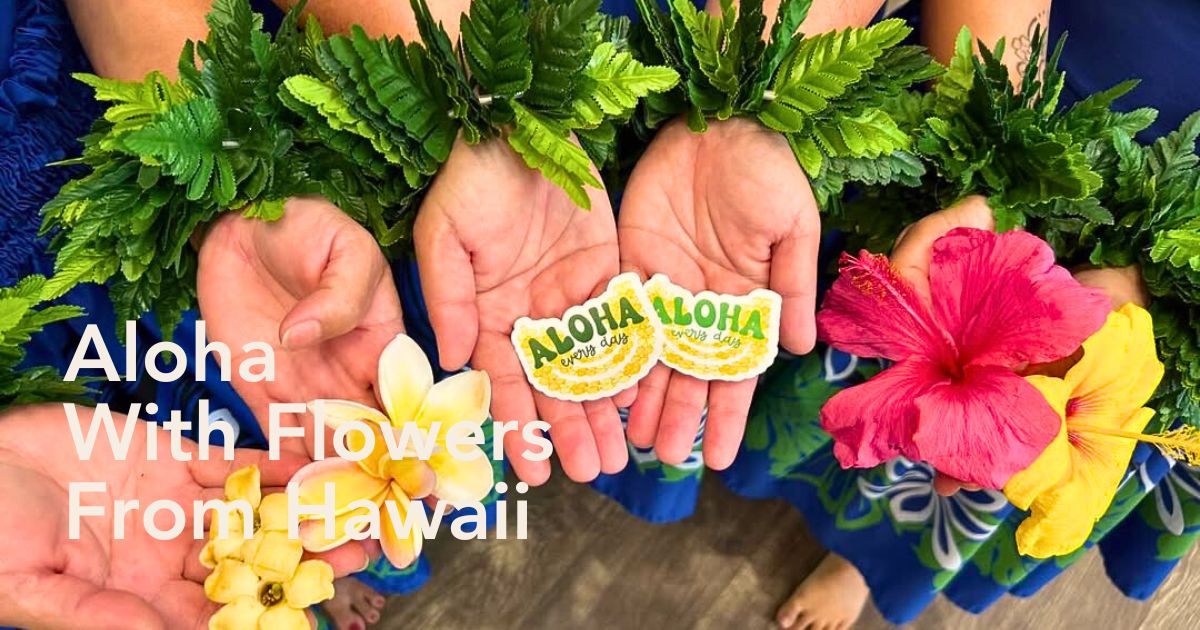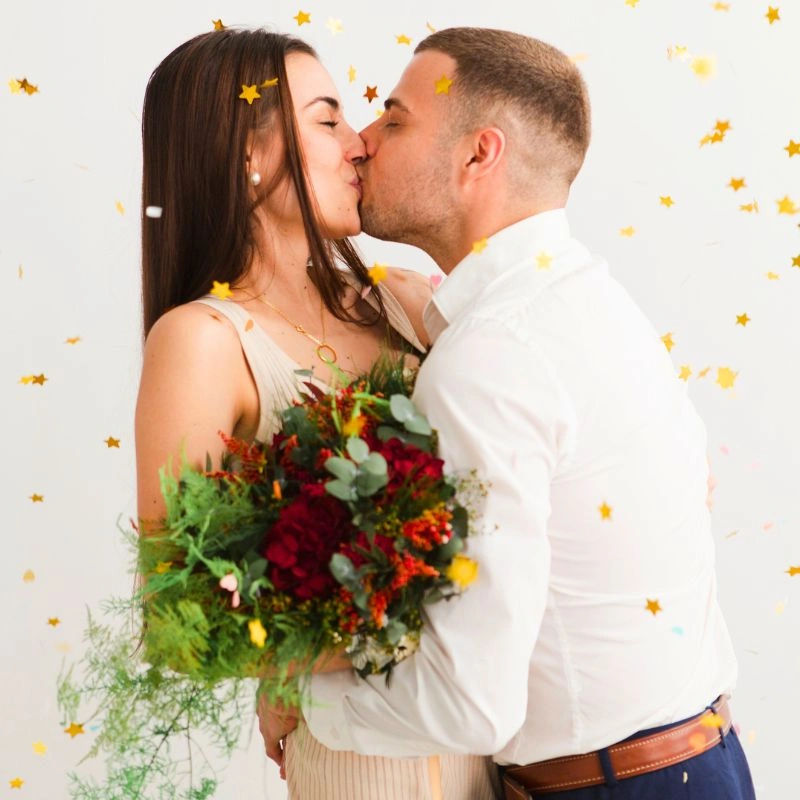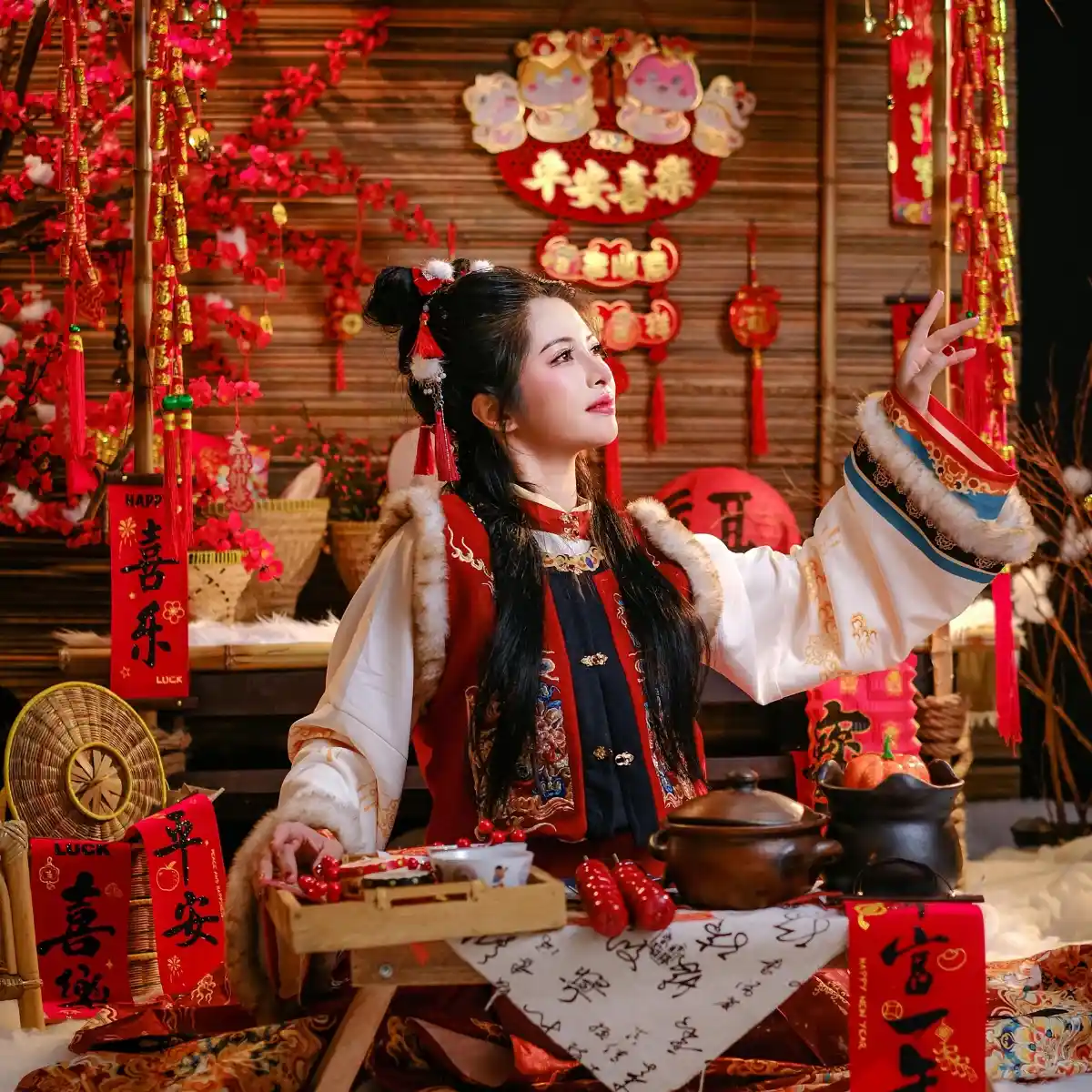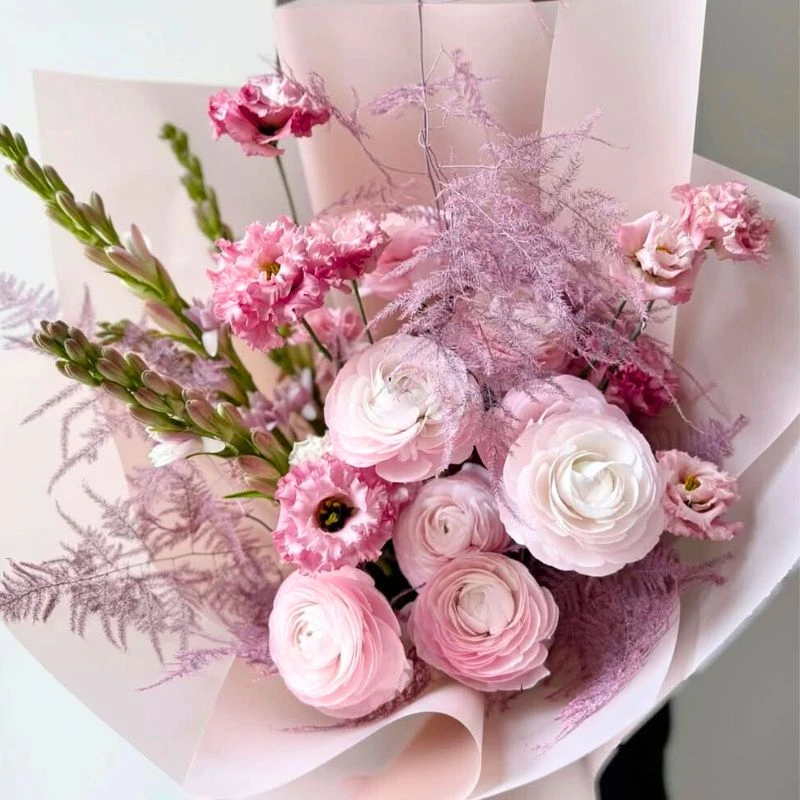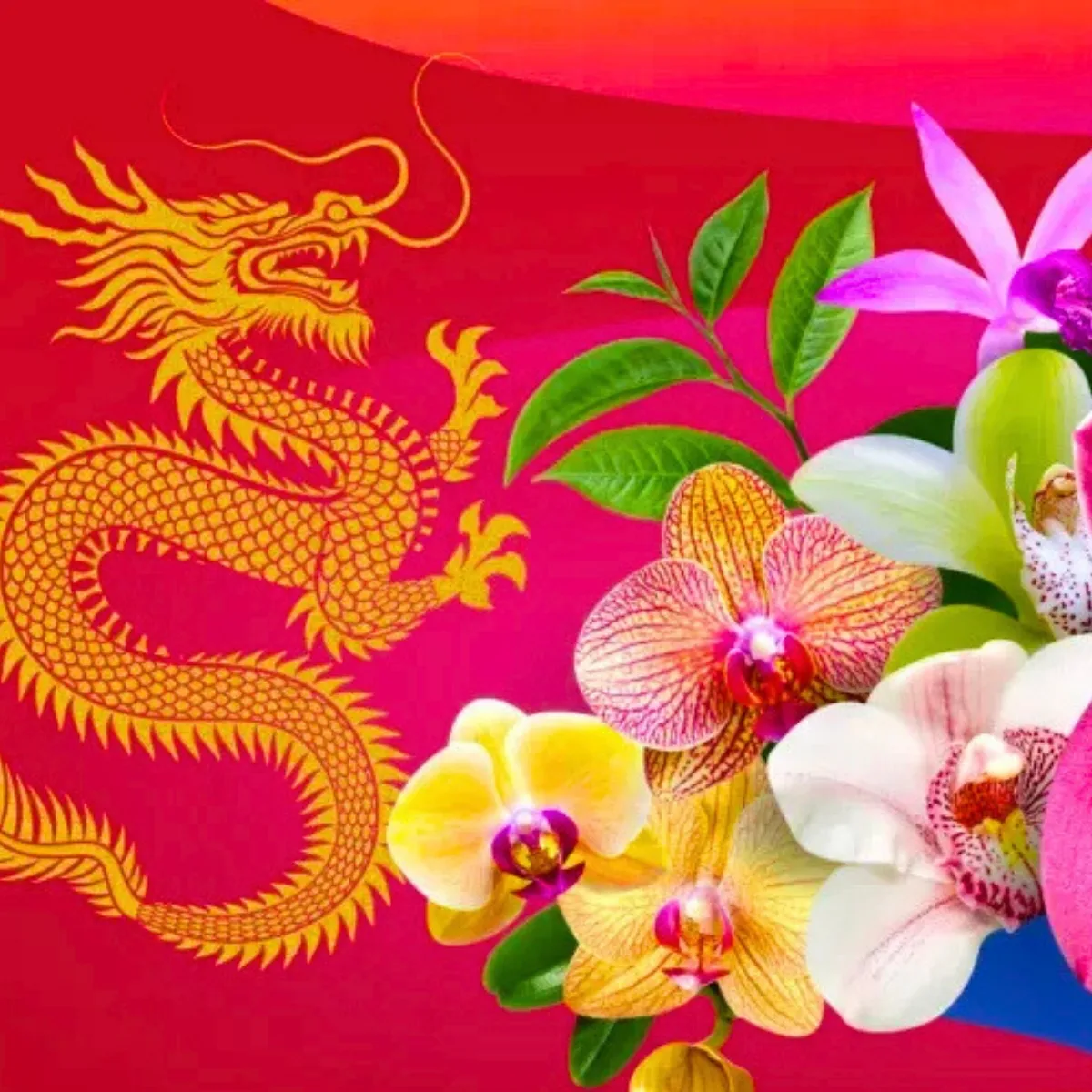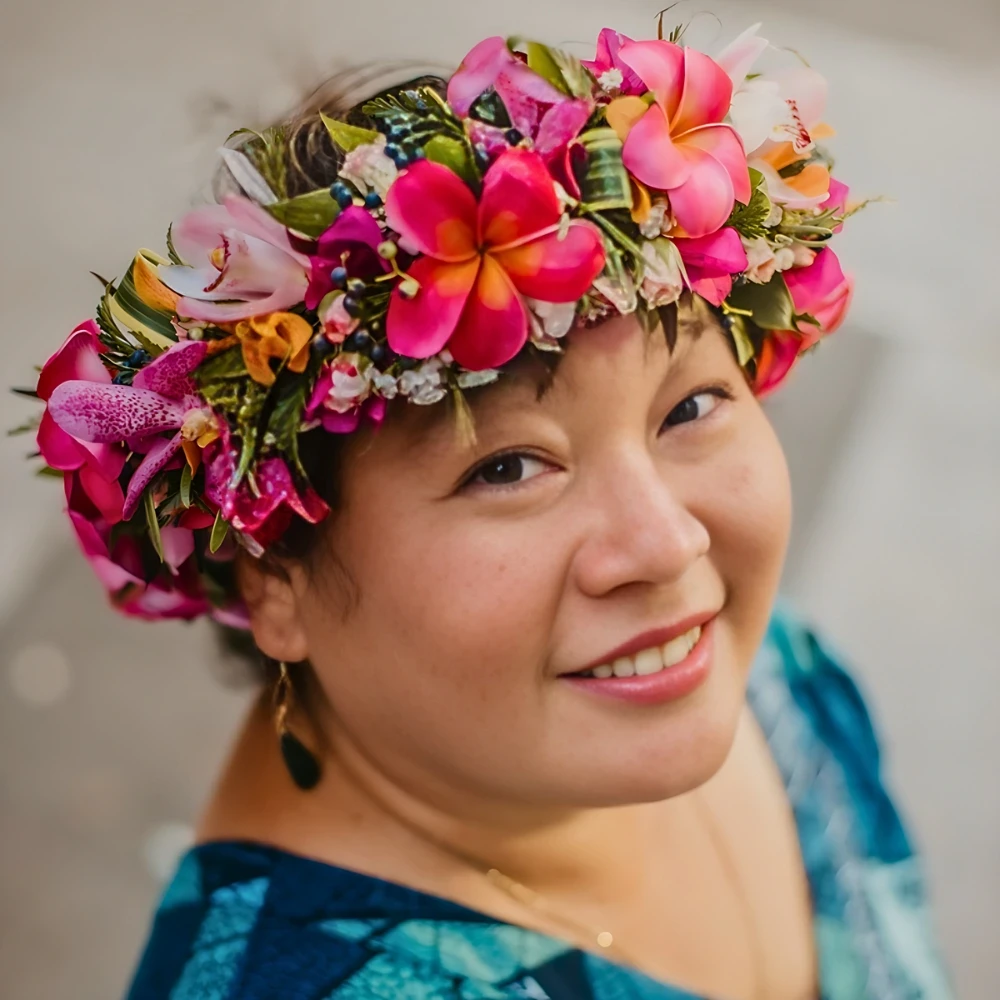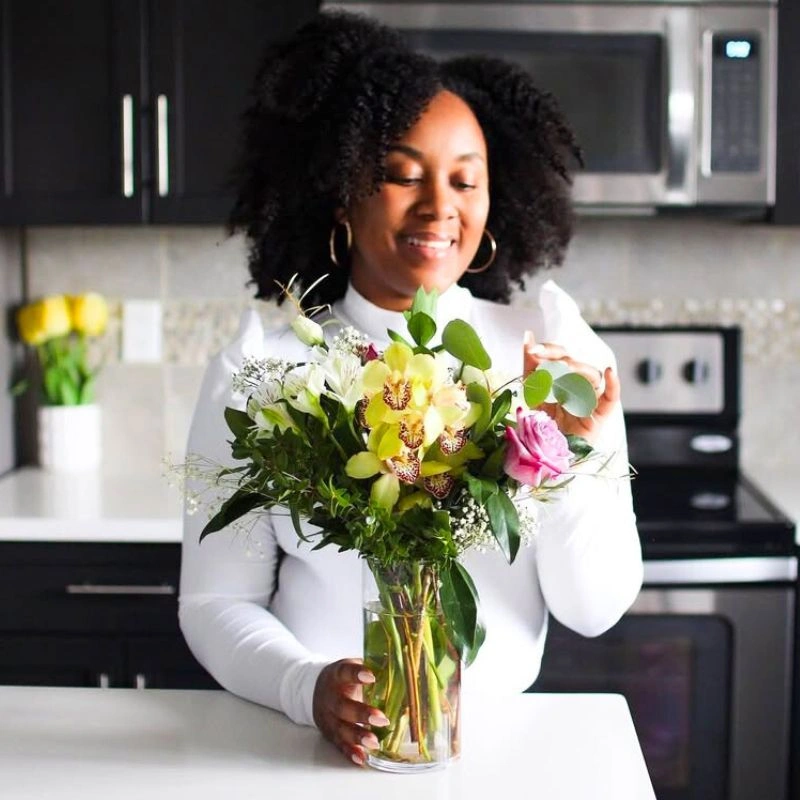Celebrated annually on May 1, Lei Day is a special day in the Hawaiian calendar. It honors the tradition of giving and receiving leis and celebrating the spirit of aloha. Leis are essentially beautiful floral garlands made from different flowers, leaves, and other materials found on the islands. And, during Lei Day, the people on the islands come together in music and dance to celebrate the beauty and significance of these floral garlands, which are a symbol of love, friendship, and appreciation. They are an integral part of the Hawaiian culture.
Lei Day History and How It Is Celebrated
The tradition of celebrating Lei Day dates back to 1928 when a group of artists and musicians in Honolulu, Hawaii, organized a celebration to honor the Hawaiian custom of lei-making. They picked May 1st as the ideal date for this celebration because it was already a holiday in Hawaii, and elsewhere worldwide, known as May Day. The huge success of their first Lei Day celebration motivated them to make it an annual event, and it has since been celebrated annually across the islands.
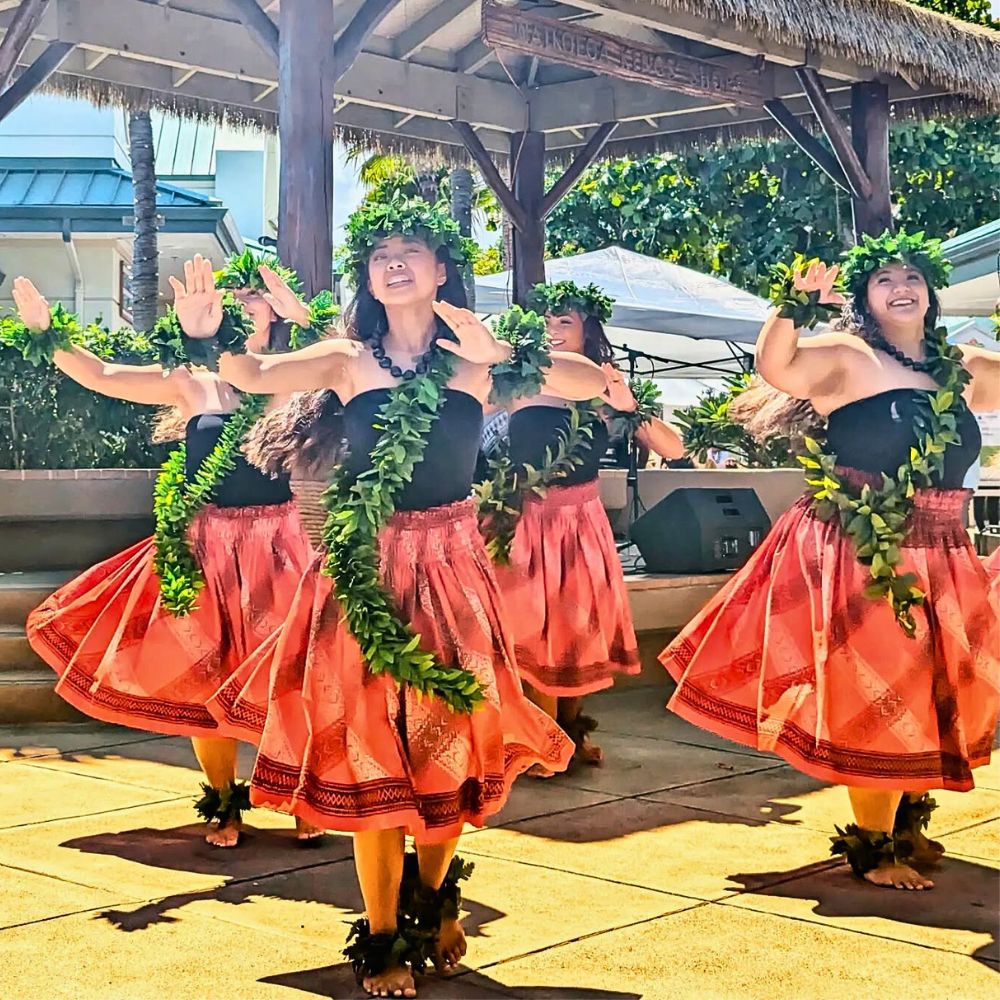
Making leis is a traditional skill that has been passed down through the generations for many years. As it was during the first Lei Day celebrations, it is a skill that is still used and honored today. People from Hawaii gather to make and trade leis on Lei Day. The air is filled with music, dance, and other cultural events that highlight the splendor of Hawaiian customs. They refer to it as a time to honor the environment and the value of community. They gather together in the spirit of aloha because of this!
Lei Day Celebrations Are Filled With Fun Activities and Contests
The Lei Contest is one of the key activities held during the Lei Day celebrations. In the contest, people from across the islands compete to see who will create the most beautiful and creative leis. There are different categories for different types of leis in the contest. Such include flower leis, shell leis, and ti leaf leis, with the winning leis displayed at various locations throughout the islands. Without a doubt, the leis are usually great works of floral art and dedication.
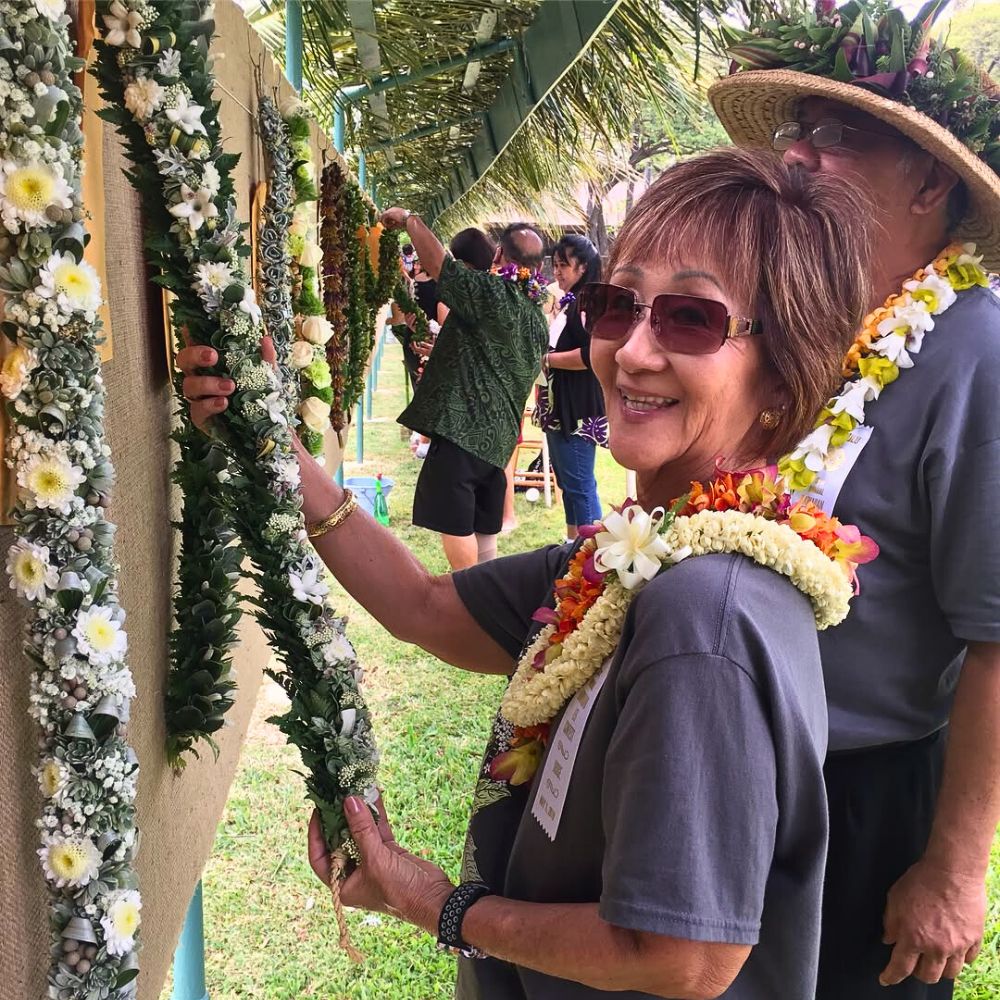
Parades, hula performances, and other cultural events also take place during the Lei Day celebrations, with the participants proudly wearing their leis around their necks, wrists, and in their hair. Hawaii’s streets are usually filled with a rich mix of floral colors and the sweet fragrance of flowers during these celebrations.
On Lei Day, Hawaiians Celebrate the Spirit of Aloha. What Does It Mean?
Although aloha may seem like just a way to say hello, it means more to Hawaiians. Aloha represents many different things to them, including kindness, mercy, compassion, love, affection, peace, sympathy, and pity. Their way of life is based on compassion, love, and respect for other people. Hawaiians define aloha as a way of life that honors our natural environment, community, and its ideals. It also involves giving. Aloha aims to establish balance and harmony in almost every area of their lives through these components.
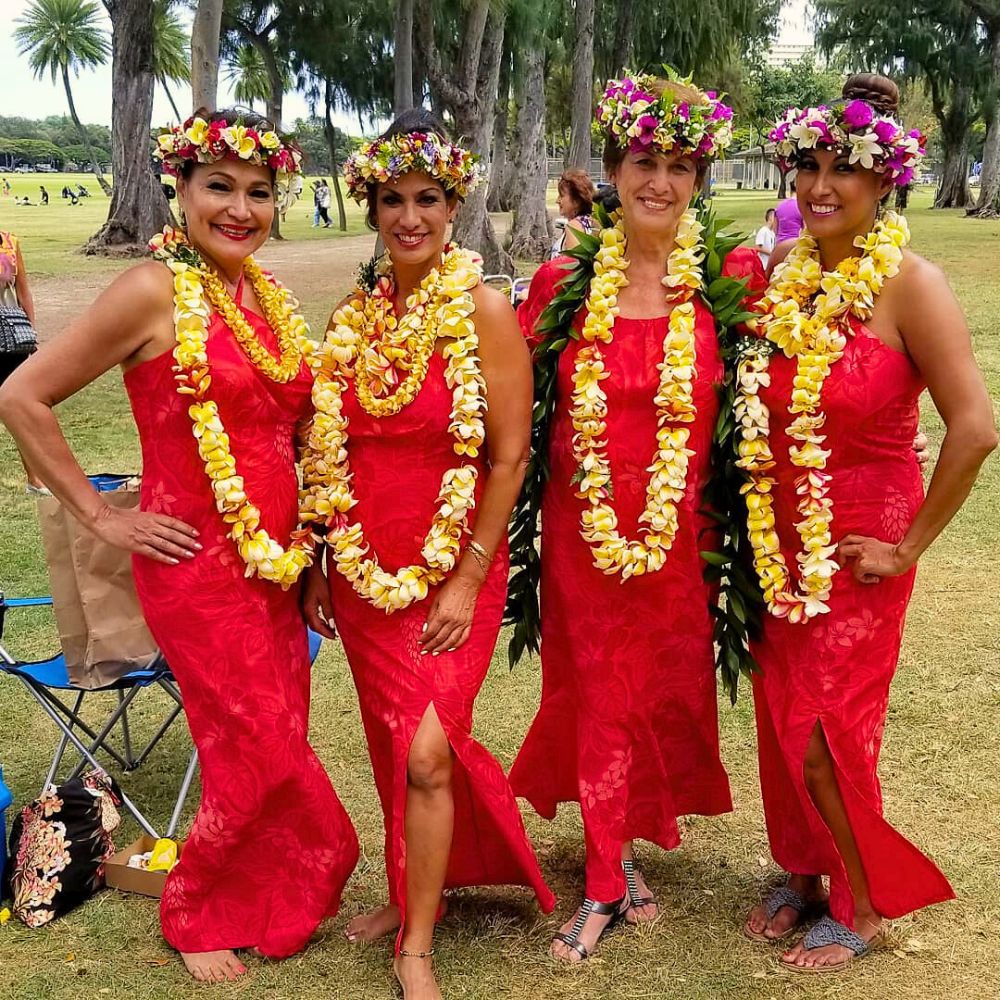
What Are the Typical Flowers and Plants for Lei Day Celebrations?
Many different flower varieties can be used to create leis. Each flower and plant has its unique meaning and symbolism. Here are some of the ideal flower and plant varieties for your Lei Day celebrations and what they represent.
The Iconic Plumeria Is the Symbolic Lei Flower
Also called pua melia or frangipani, plumeria is one of the most significant flowers in Hawaiian culture. It is the essential lei flower, and it is easy to see why. Frangipani’s fragrant blooms come in a variety of colors, including pink, yellow, white, and red. The flower’s waxy petals are ideal for stringing into the leis. Besides being quite an enthralling flower, plumeria also has a much deeper meaning among Hawaiians.
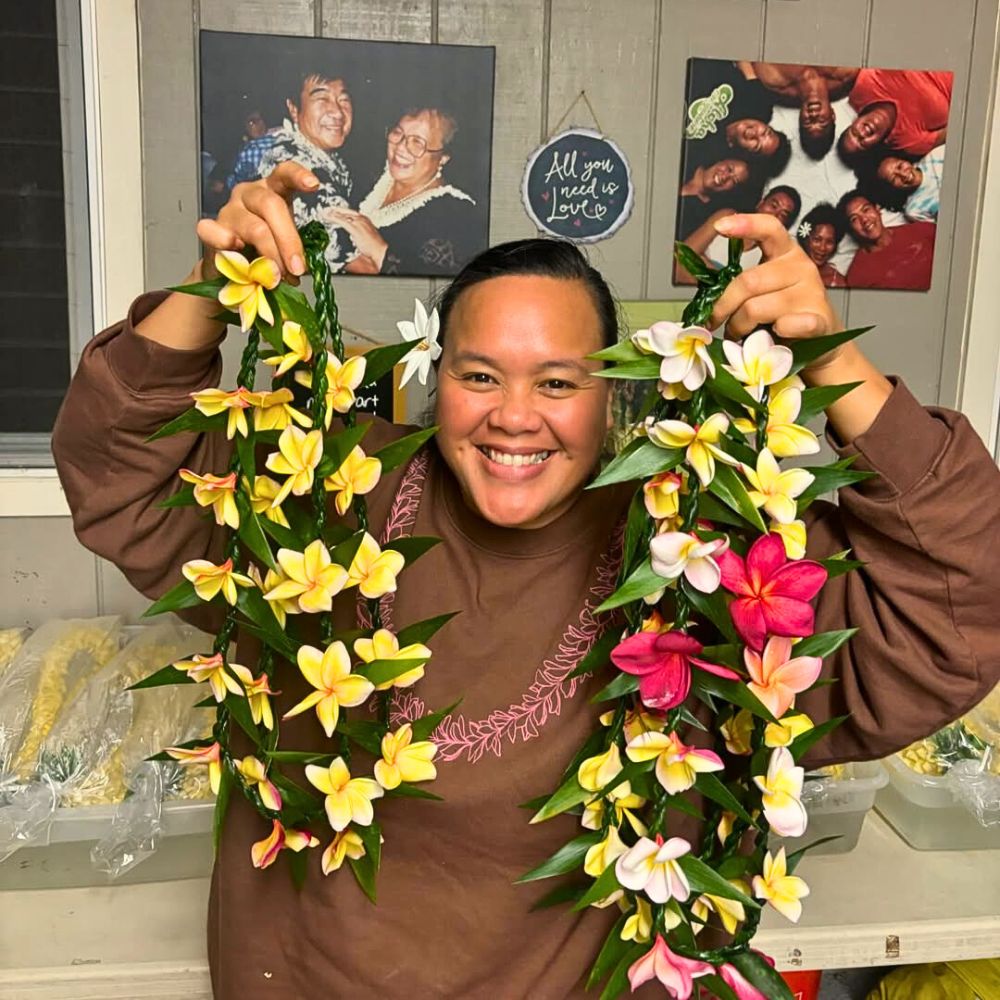
In the Hawaiian culture, the flower represents love, birth, and new beginnings. It is therefore a popular flower of choice for graduations, birthdays, weddings, and other such celebrations that denote new beginnings. It also symbolizes a woman’s romantic status when worn in the hair. When worn behind her left ear, she is in a relationship, and if it is worn behind the right ear, it means she is ready to meet a romantic partner.
The Sturdy Yet Versatile Ti Leaf
Flowers may be the main elements that make up the biggest composition of leis, but the Ti leaf is an equally important component of leis. Ti leaf, which comes from the Hawaiian ti plant, is a versatile foliage mostly used in lei-making. It has long, pointed leaves that come in various colors, including red, purple, and green. These leaves are usually braided to create elaborate designs in the leis.
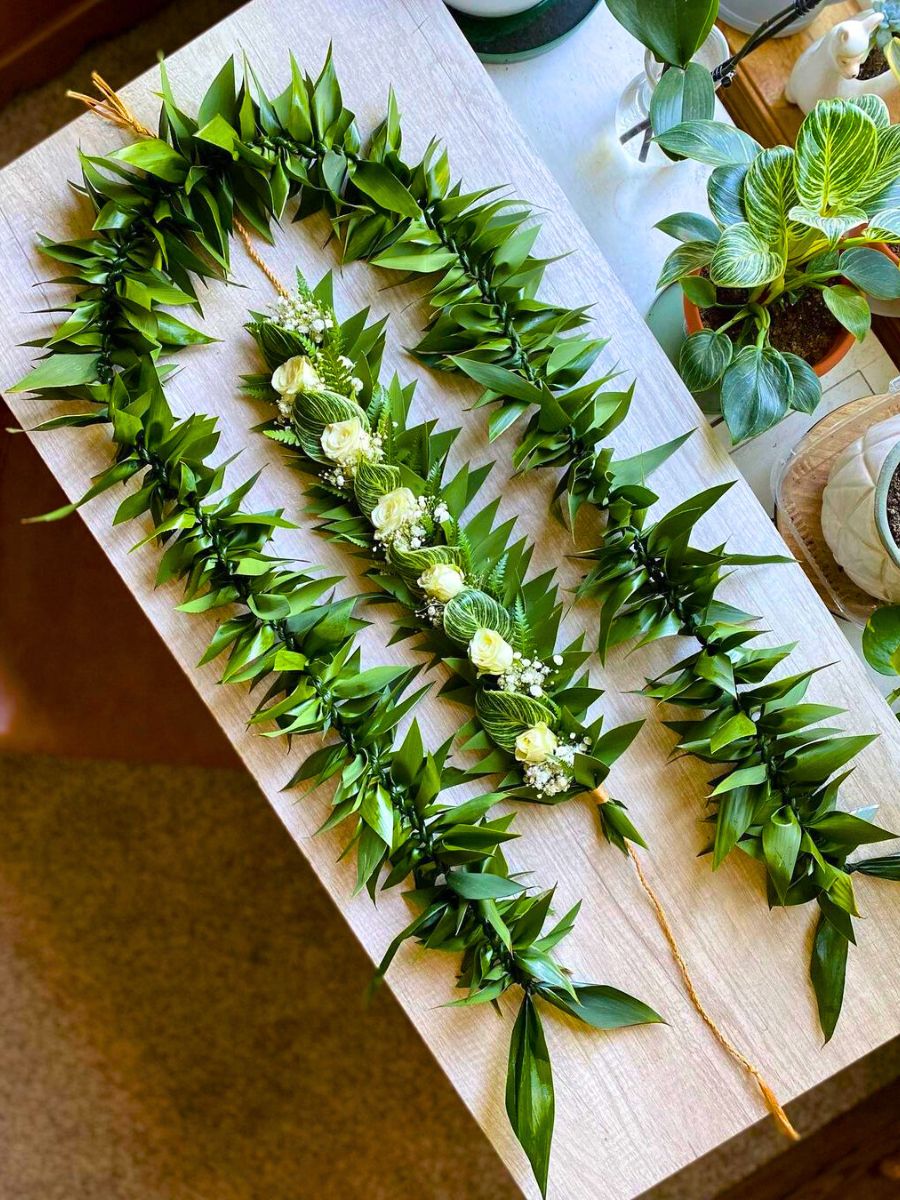
Photo: @leisbyleimomi
For Hawaiians, the Ti leaf is a symbol of good luck. Hawaiian traditional rituals and ceremonies often use this foliage in some of their activities. The rigid leaf is used to create a sturdy base for attaching flowers and blooms when making leis.
Orchids Are Always a Perfect Choice
Orchids are a popular flower variety for making leis. They have an aura of delicate beauty and a graceful appearance. The exotic orchids range in color and shape, making them an ideal choice for incorporating variety in the leis. They could be boldly colorful with a variety of colorful shades, or delicate and subdued with white petals. These flowers are also easy to work with when making the leis.
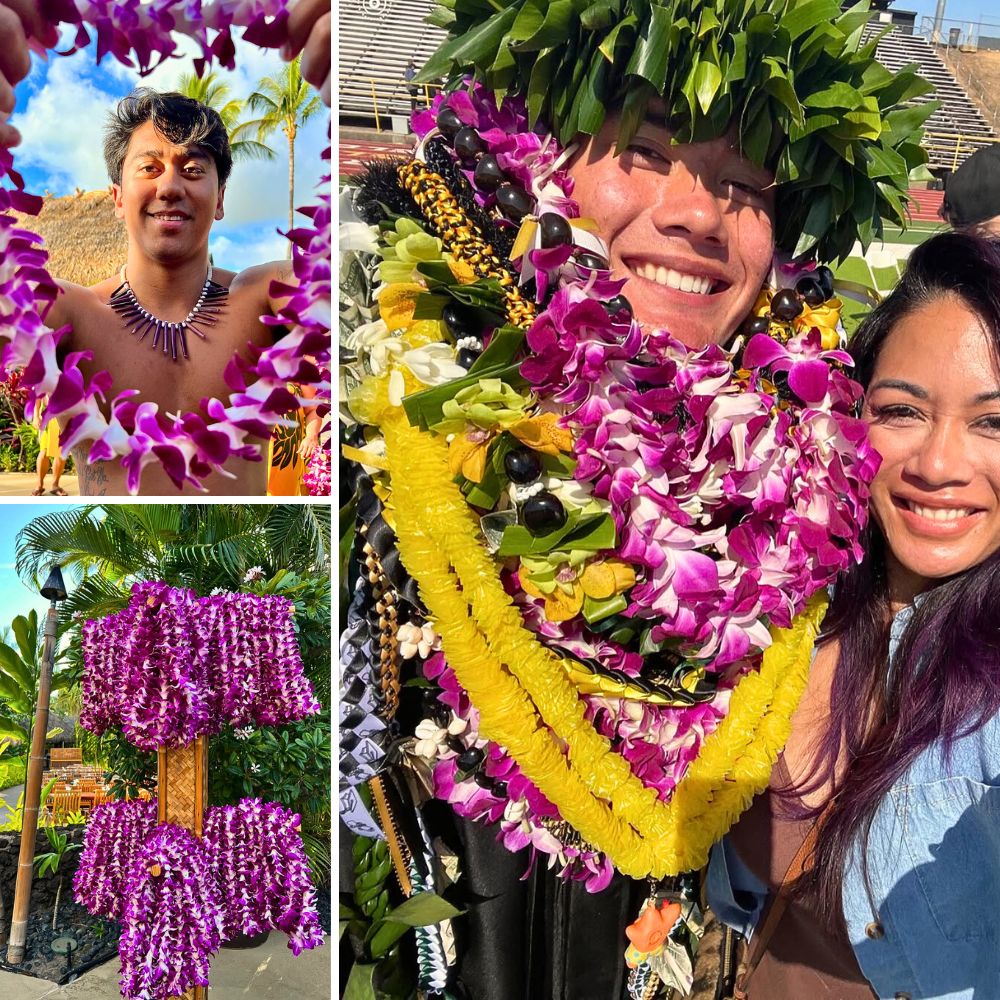
The Delicately Sweet-Scented Tuberose
Widely regarded as one of the most fragrant flowers in the world, tuberose is an aromatic flower commonly used in making leis. These flowers are native to Mexico but were brought to Hawaii by Spanish explorers. This tuberose plant produces clusters of beautiful, large, pure white flowers on stalks growing up to 1.2 meters (4 feet tall).
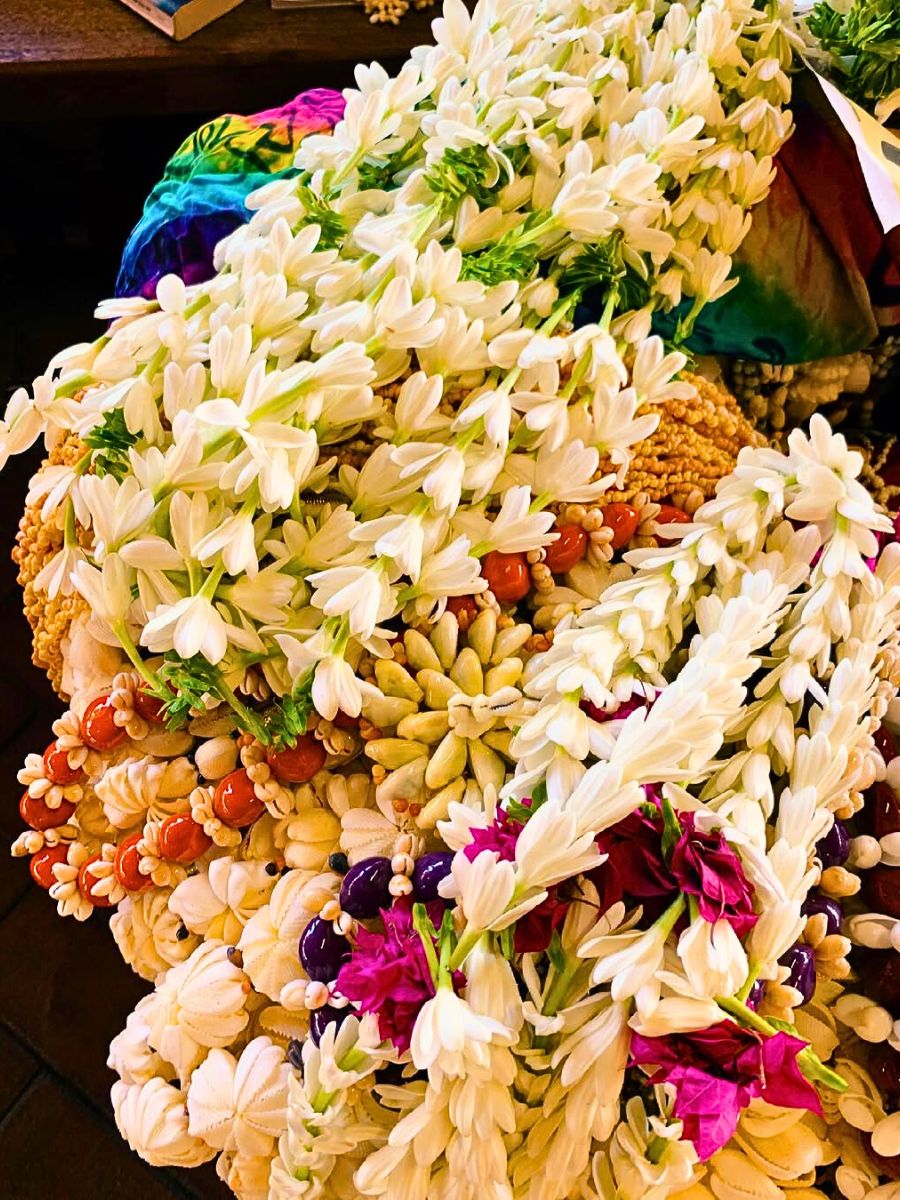
The sweet fragrance that the tuberose flower produces, as well as its delicate appearance, are the key qualities that make it a popular flower for leis. Tuberose represents love, purity, and sincerity in Hawaiian culture, making it one of the important flowers for Lei Day.
The Audacious and Declarative Heliconia
The eye-catching Heliconia is a bold, tropical flower used in making leis to create unforgettable, dramatic designs. The flower has spirited flowers that are large and come in a variety of colors, ranging from red to orange and yellow. When making leis, Heliconias are usually used together with other flower types and Ti leaves to create stunning designs.
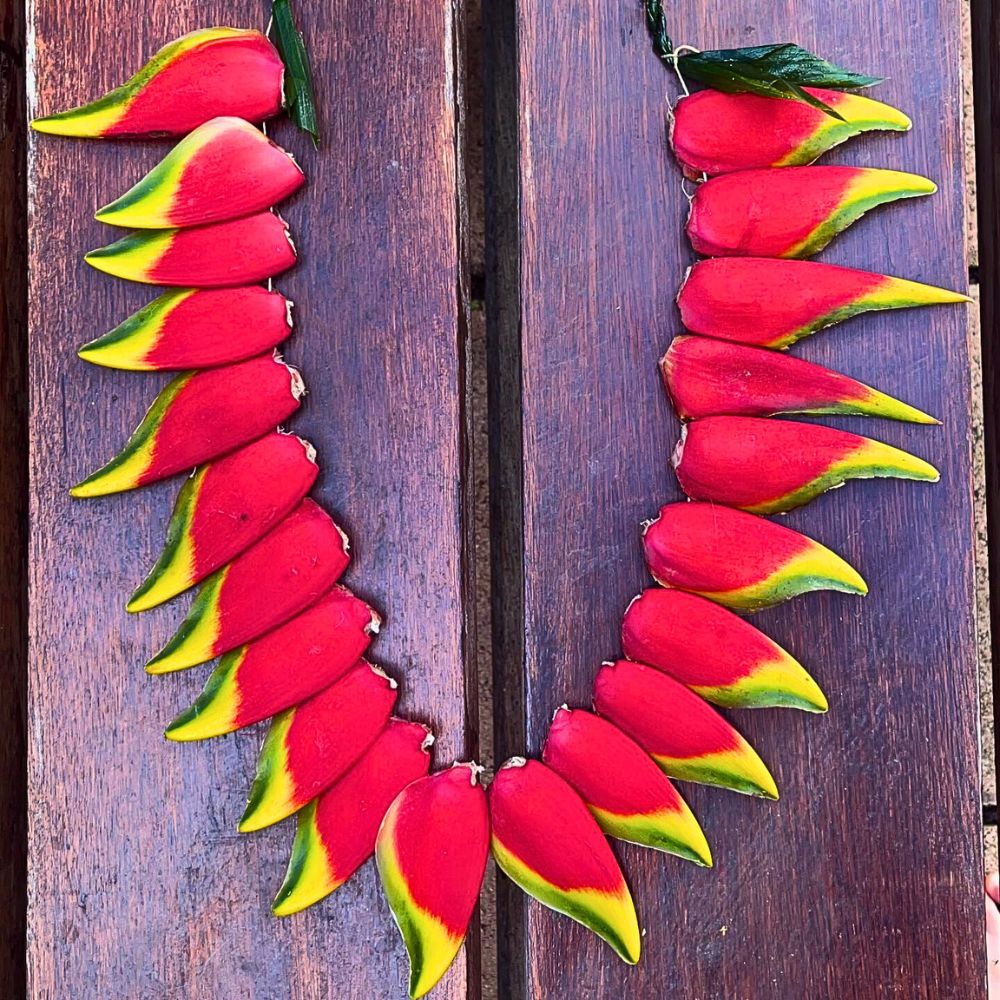
Heliconia flowers represent youth, pride, and great returns. They are often associated with the catchphrase, ‘Forever young, forever beautiful’, as the flowers are usually harvested at the peak of their beauty and can enjoy a vase life of up to three weeks.
Pua Kenikeni - The Beauty With a Fragrance
Also known as the perfume flower tree, Pua kenikeni is a fragrant flower that is indigenous to New Guinea and northern Australia. It is, however, widely distributed throughout the South Pacific. Pua kenikeni got its name from the fact that it is extensively used in making leis. Its sweet-scented flowers are known to hold up well over time, and their scent tends to linger longer on whoever wears leis made using them.
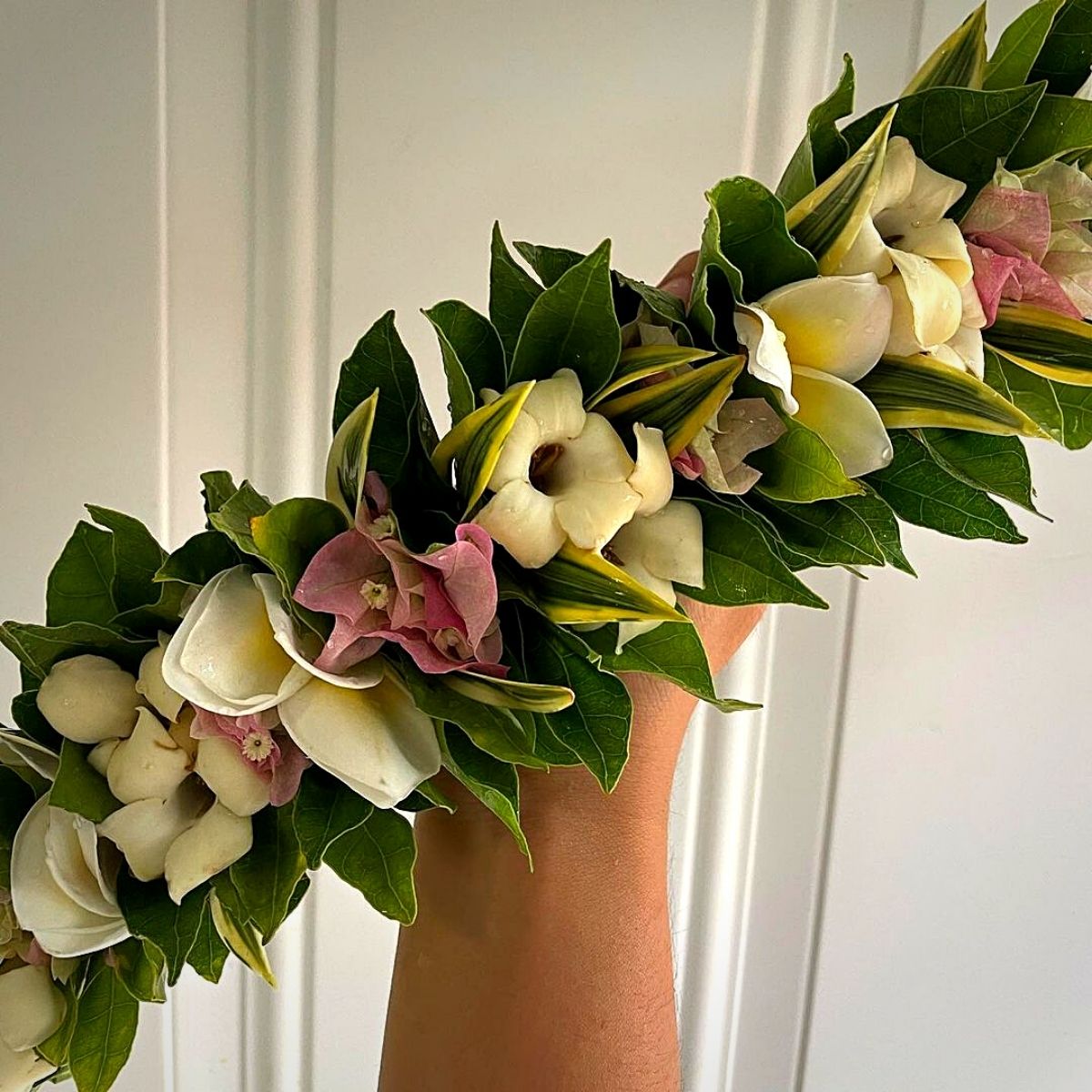
Photo by @leimemele
Pua kenikeni, whose flowers are small and yellow, is a symbol of love, affection, and friendship, and is often used in traditional Hawaiian ceremonies and rituals. The sweet scent that it produces is believed to attract positive energy and good fortune. This is why it is always a popular choice for gifting friends and loved ones.
The Beautiful and Aromatic Ginger
Thanks to its sweet, spicy scent, ginger is a fragrant flower often used in making leis. It has bright, intrepid flowers, with its long, tubular flowers coming in colors such as red, pink, and yellow. In lei-making, this flower is used alongside other flower varieties to create outstanding, multi-colored designs.
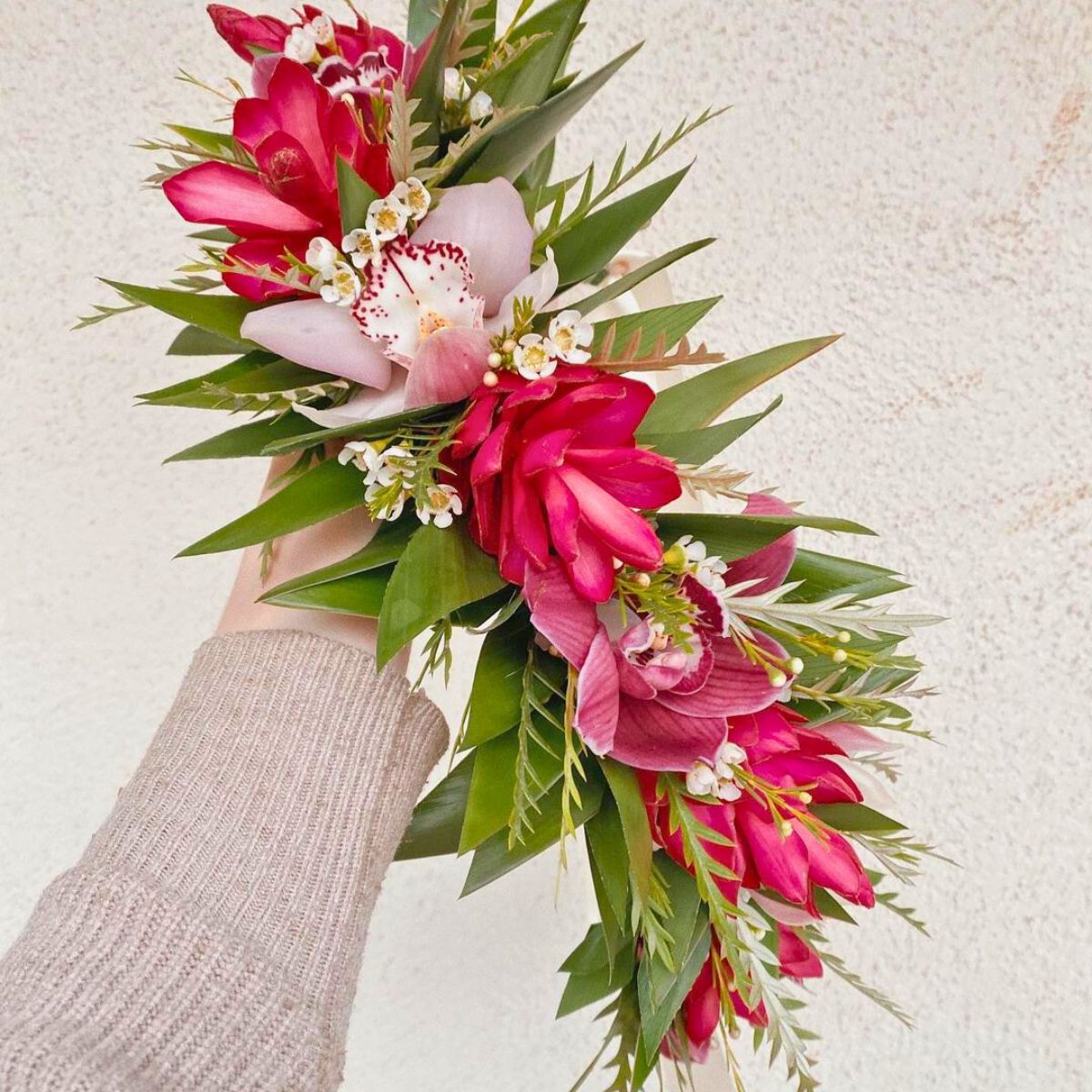
The flower symbolizes hospitality and generosity in Hawaiian culture. This makes it a perfect choice as Lei Day celebrations are all about welcoming guests and honoring loved ones. The flower’s spicy scent is also believed to send off evil spirits, which is why it is also mostly used in traditional Hawaiian healing practices.
The Durable Yet Affordable Carnations
Also called 'Ponimo’i' in Hawaii, carnations are thought to be affordable and at the same time durable, which is why they are quite popular in making leis. These create quite an impression when incorporated into the leis. Carnations are also easy to work with in lei-making due to their strong stems and many colorful petals on each stem. Used in combination with other flower varieties and foliage, carnations can create beautiful leis. Hawaiians hold that carnations (Dianthus) represent love, gratitude, and admiration, which is why it is one of their most popular flower gifts for those they love and their friends.
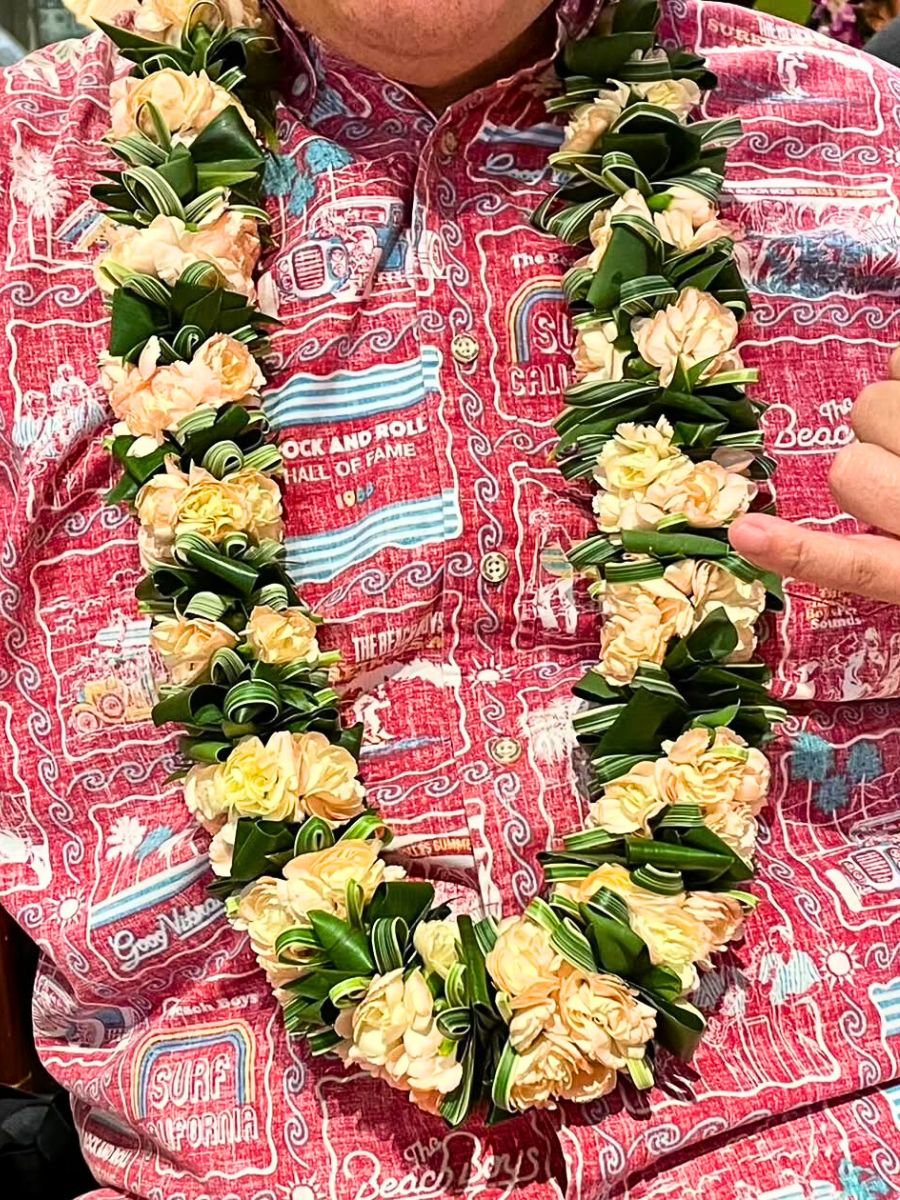
The Sweetly Fragrant Pikake
Pikake is a perfumed flower that is a type of Jasmine and is often used in making leis. It is also called 'Arabian Jasmine' and is native to South Asia and Southeast Asia, but was brought to Hawaii by Chinese immigrants. The flower comes in white or yellow colors and has a sweet, delicate scent. It was named so by Hawaii’s Princess Kaiulani, whose favorite bird was a peacock. Pikake translates to ‘peacock’. The flowers are often worn by brides, hula dancers, and honored guests during festivities.

In the Hawaiian culture, the Pikake flower is a symbol of romance and love. Brides often wear leis made from white pikake flowers. They are also popularly worn by others who attend ceremonies and celebrations such as weddings, birthdays, and anniversaries, and are usually worn by women.
Hawaii’s State Flower - Hibiscus
Hibiscus is a popular flower variety used in making leis. It comes in different colors; some of the most popular are red, yellow, pink, and even purple. The yellow hibiscus is known for being Hawaii’s state flower. There are numerous types of hibiscus, each with its unique color and appearance.
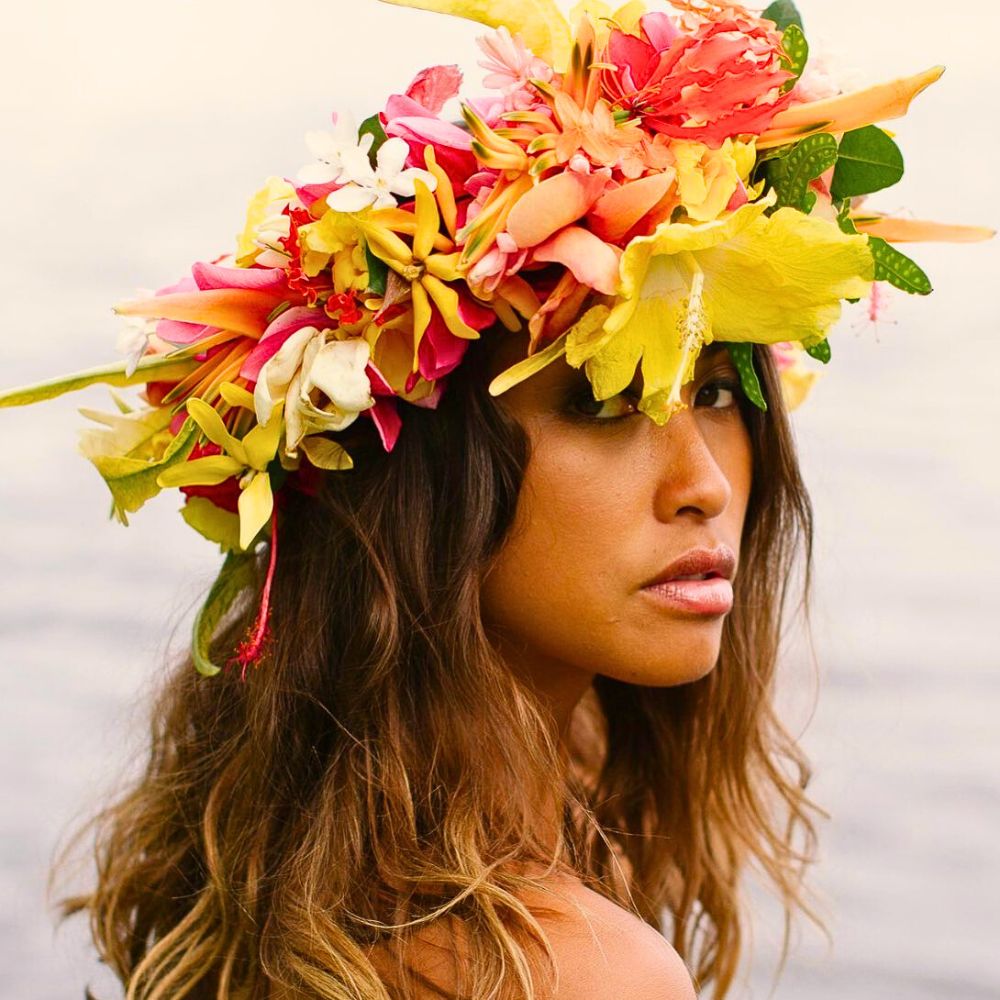
Some of the most popular hibiscus varieties used in making leis include red hibiscus, yellow hibiscus, and white hibiscus. The flower is often used in leis because of its beauty and vibrant colors. For Hawaiians, hibiscus symbolizes joy, beauty, royalty, and respect, which is why it is so commonly worn by locals, hence making it an ideal flower for Lei Day.
Leis Showcase Hawaiians’ Friendly and Welcoming Nature
All said and done, Lei Day remains just a fun and festive holiday, and whether you're in Hawaii or elsewhere in the world, you can join in the celebrations. There are plenty of ways through which you can do this; join in on the festivities and celebrate the spirit of aloha.
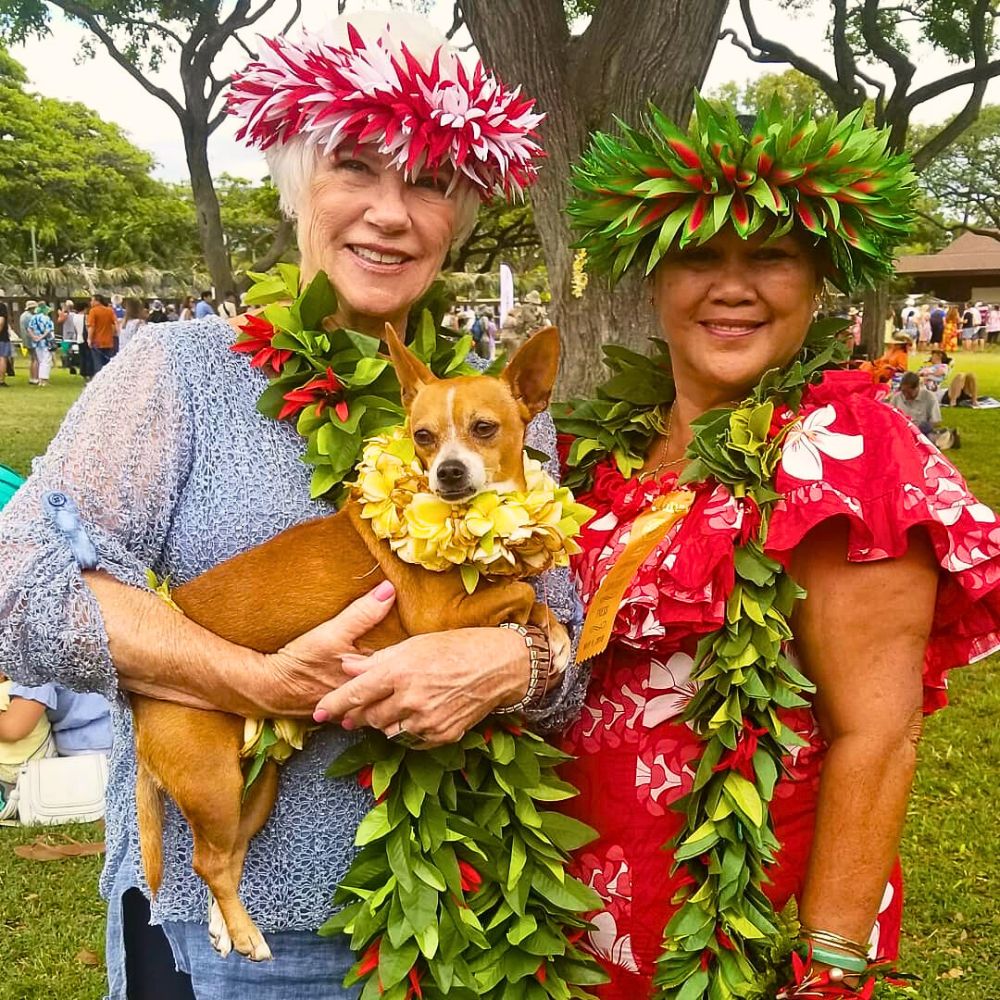
And as they would say in Hawaii, Welina mai i ka lā lei! (Welcome to the leis day!), you can join and have fun from wherever you are. After all, the leis and floral decorations associated with the island make the people emanate a feeling of friendliness and welcoming nature.

